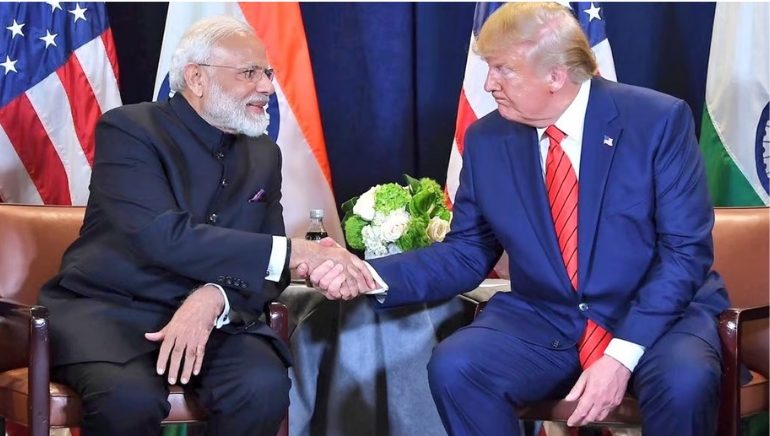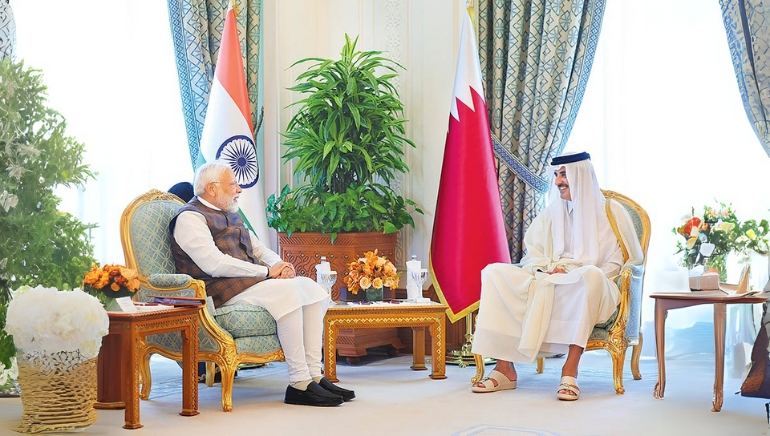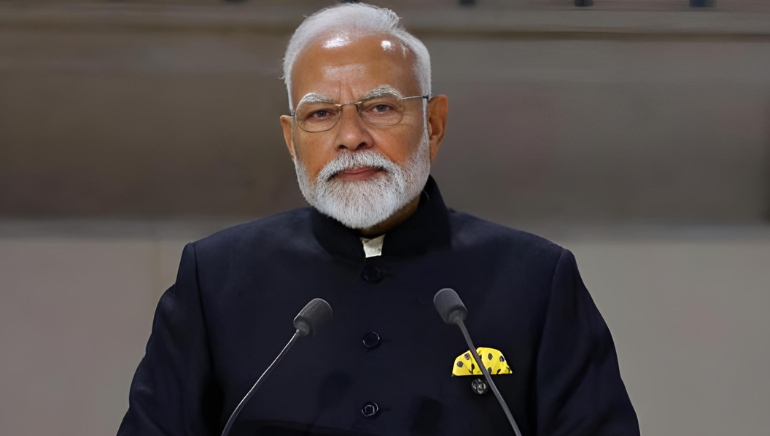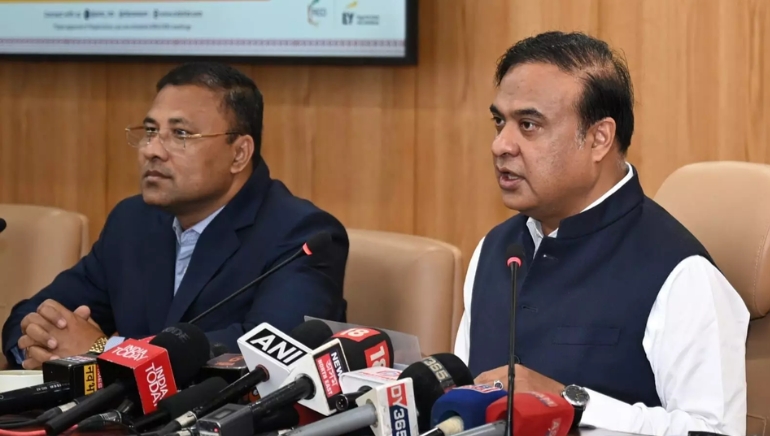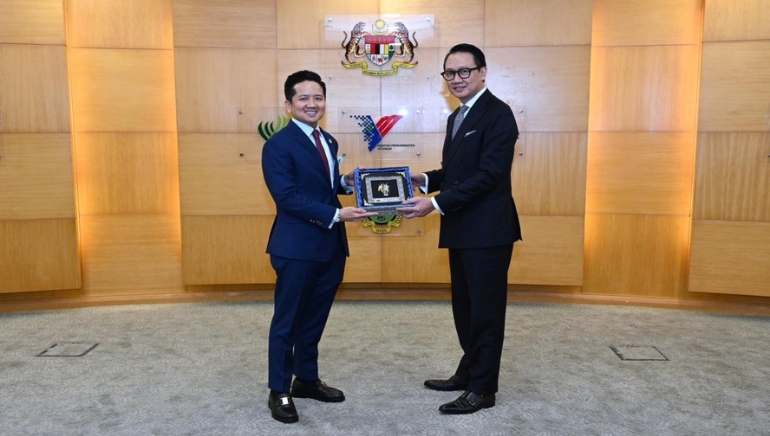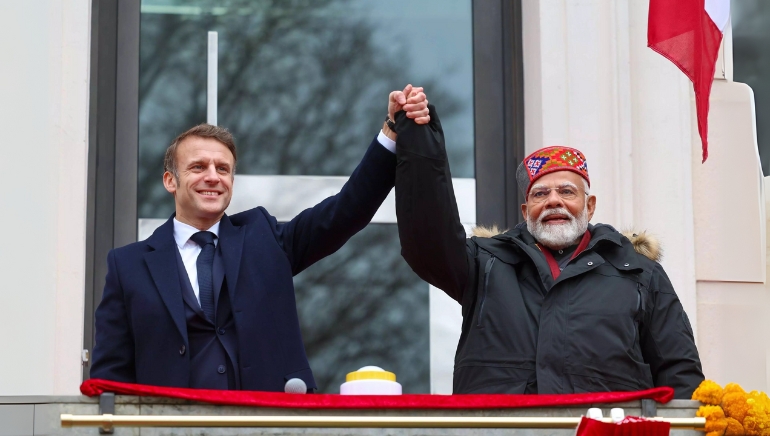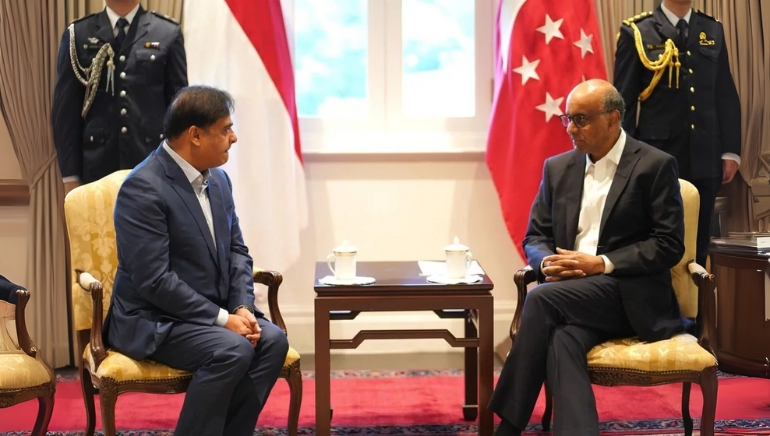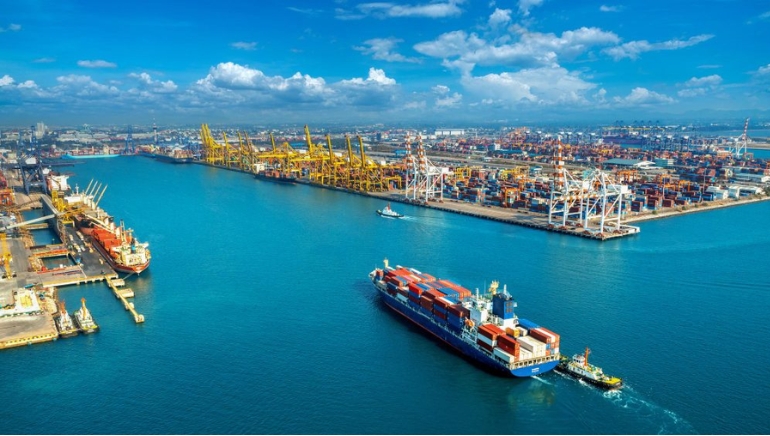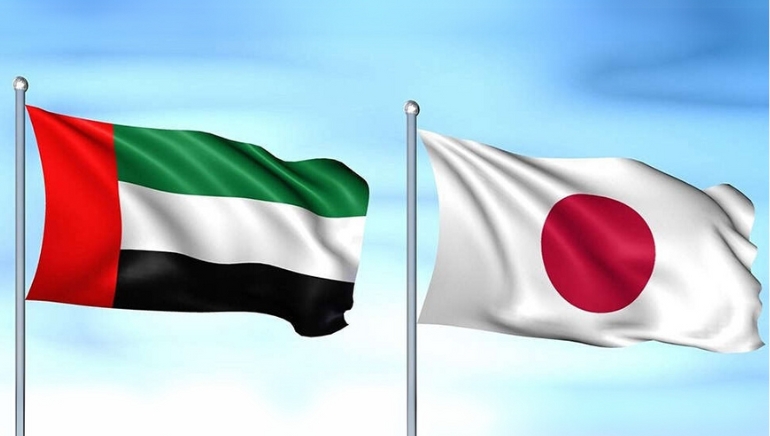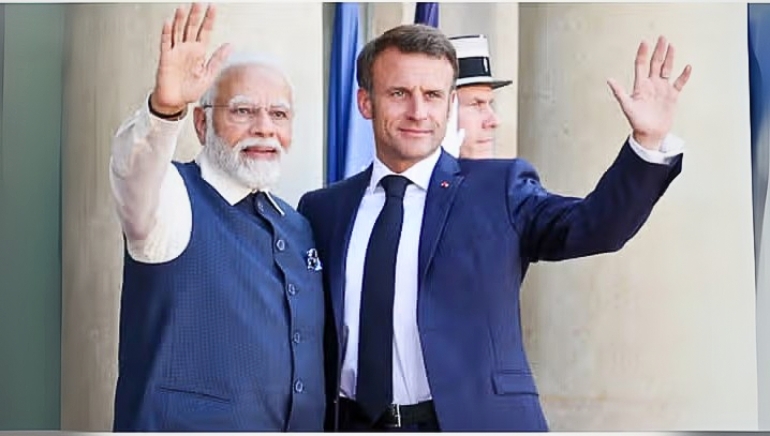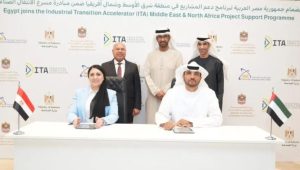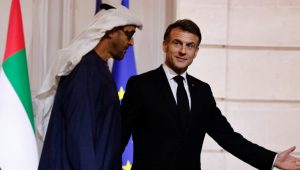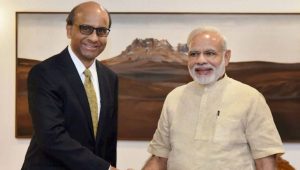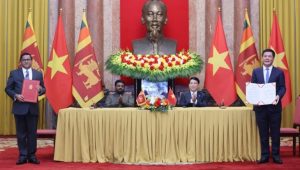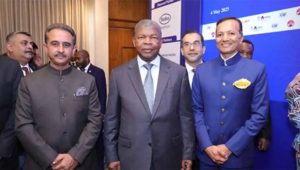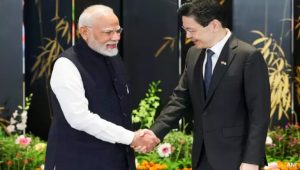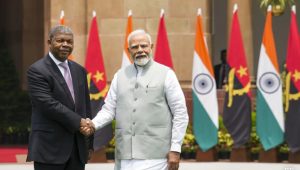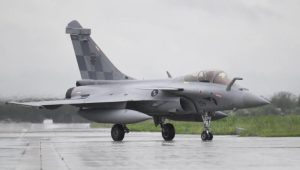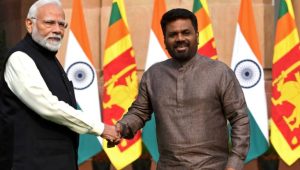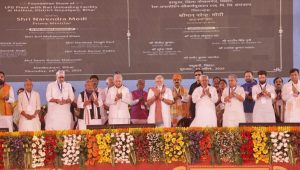In a strategic move to strengthen academic and research connections, Prime Minister Narendra Modi has invited American universities and educational institutions to build offshore campuses in India. He emphasised the need to improve people-to-people relations between the two countries and announced plans to establish new Indian consulates in Los Angeles and Boston.
Speaking at a joint press conference, PM Modi emphasised the importance of the Indian diaspora in the US, which continues to create stronger ties. He argued that bringing American universities to India would improve knowledge sharing and give students worldwide learning chances.
PM Modi and US President Donald Trump held a key discussion at the White House to discuss technical developments, innovation, and artificial intelligence. They announced significant initiatives such as the US-India TRUST program and the INDUS Innovation initiative, which aim to increase cooperation in AI infrastructure and new technologies.
The INDUS Innovation platform will foster industry-academic collaboration and encourage investment in fields such as space, energy, and cutting-edge research. Both leaders also acknowledged the efforts of almost 300,000 Indian students in the US, who produce $8 billion yearly for the American economy.





